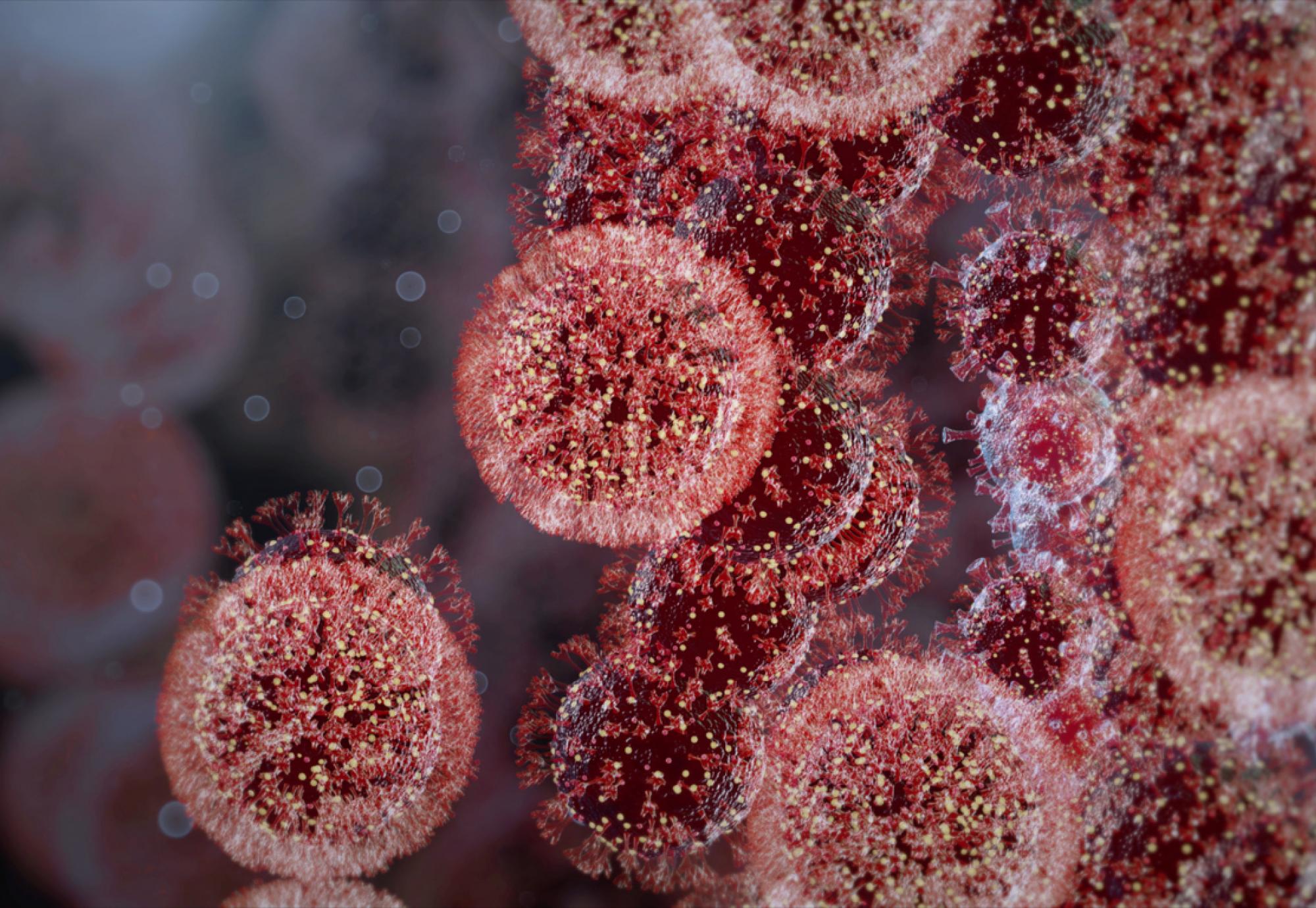Thousands of immunosuppressed people are set to take part in a landmark new study that will investigate which people are still at the greatest risk of infection post-vaccination, the National Institute for Health and Care Research (NIHR) has announced.
Backed by a £2.8m NIHR investment, the STRAVINSKY study will recruit 3,000 immunocompromised patients with 2,600 receiving finger-prick antibody tests, whilst the other 400 get more comprehensive immune analyses – the research will take place over a two-year period.
Researchers hope the trial’s findings will provide everyone from clinicians and policy-makers to patients and the general public with detailed, up-to-date data on the impact of booster vaccinations.
NIHR Chief Executive and Chief Scientific Advisor for the Department of Health and Social Care, Professor Lucy Chappell, said: “This study will help to understand how different patient groups with weakened immune systems respond to COVID-19, including new variants, and to vaccination.
“We hope that it will inform development of more specific advice and help people understand their own levels of risk, based on better information from antibody levels.”
With COVID-19 infections disproportionately affecting the immunocompromised, health leaders also hope the study findings will inform future guidance for the group. The STRAVINSKY researchers will work closely with their contemporaries from the PITCH study, which is focusing on immune responses in the healthcare workforce.
The UK Health Security Agency’s Head of Immunisation, Dr Mary Ramsay, added: “Studies of COVID-19 immunity have been vital in helping us to understand how best to use vaccination in this vulnerable population, alongside real world evidence on protection. We look forward to seeing the results of this antibody testing study.
“Vaccines remain the best way to protect yourself against serious infections, including COVID-19, and those eligible are urged to accept all the vaccines and boosters they are recommended – including the families of people with weakened immune systems.”



















